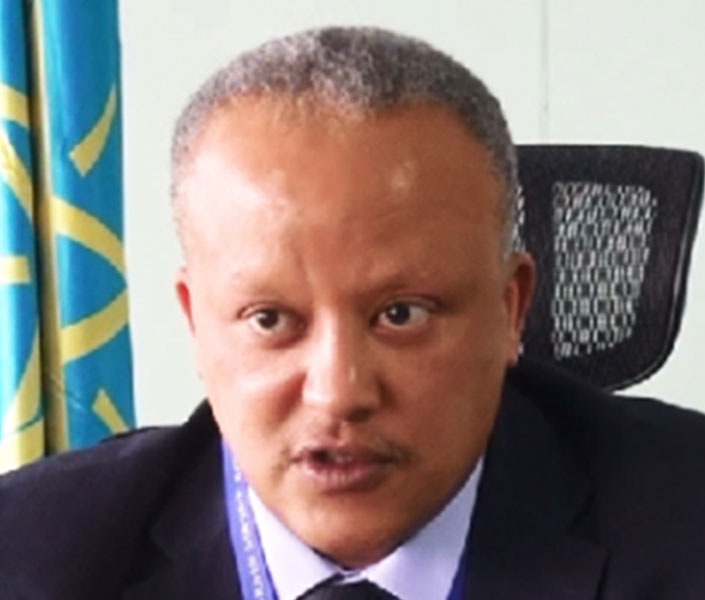
Habesha Steel Mills, a firm owned by an Indian businessperson, has pledged to feed 500 people who have lost jobs due to the Novel Coronavirus (COVID-19) twice a day. The company also made a 15 million Br in-kind donation to the Ministry of Health, which included oxygen.
The company asked the municipality of Dukem to identify the needy or people who lead a life in poverty, living hand-to-mouth. The management decided to start the lunch and dinner feeding programme after the Easter holiday. The management of the company has approved a budget of 60 Br a meal for a person. It planned to source the food ingredients from the local market and hire chefs to cook the meals.
Habesha Steel gave criteria to the municipality to select residents that should get support, which includes daily labourers and the very poor, according to Zara Kedir, head of the investment office at Dukem.
The management has received the list of the people from the municipality and plans to deliver meals to the beneficiaries regularly using its vehicles, according to Kishen Raval, managing director at Habesha Steel Mills Plc, which has been operating a plant in Dukem since 2007.
"We'll continue delivering the meals even after the spread of the virus is controlled," Kishen said.
The company has been implementing other support programmes since 2011. It built roads and speed breakers for the municipal school to reduce accidents, built guard posts for the police in different areas, and constructed 150 houses to relocate residents displaced from Somali Regional State.
The company also built a water project for Taddecha village in Dukem, pays the cost of education for children every year and regularly donates food, clothes, blankets, and other supplies to the less fortunate. Employees of the company have also donated blood.
"We were feeding children at orphanages and the elderly before the pandemic," he said. "It is just to support the people in our community."
The company makes reinforcement bars between eight and 40mm, which are used in mega projects such as hydropower dams, large infrastructure projects, high-rise buildings and heavy industry. It operates with 1,000 employees.
To allow employees to social distance, the company has had them working in shifts to give them ample space. It also provides safety materials and protection equipment, such as hand sanitizer, face masks, and water with soap, to its employees. It has also established a COVID-19 task force that monitors the day-to-day activities of the workers and tests their temperatures before they begin work.
Debebe Ero (PhD), dean of the College of Social Sciences at Addis Abeba University, says the spread of such pandemics is unexpected and unfortunate for the government and the community.
The government alone cannot satisfy the needs of the citizens in the country if the situation gets worse, which will affect the lives of so many people who lead a hand-to-mouth life, according to Debebe.
"Private companies should play a role in addressing the issues of the public at such times," he said. "The current situation may last long, hence they may have to continue supporting citizens in the future, and this assists the government significantly."
PUBLISHED ON
Apr 17,2020 [ VOL
21 , NO
1042]

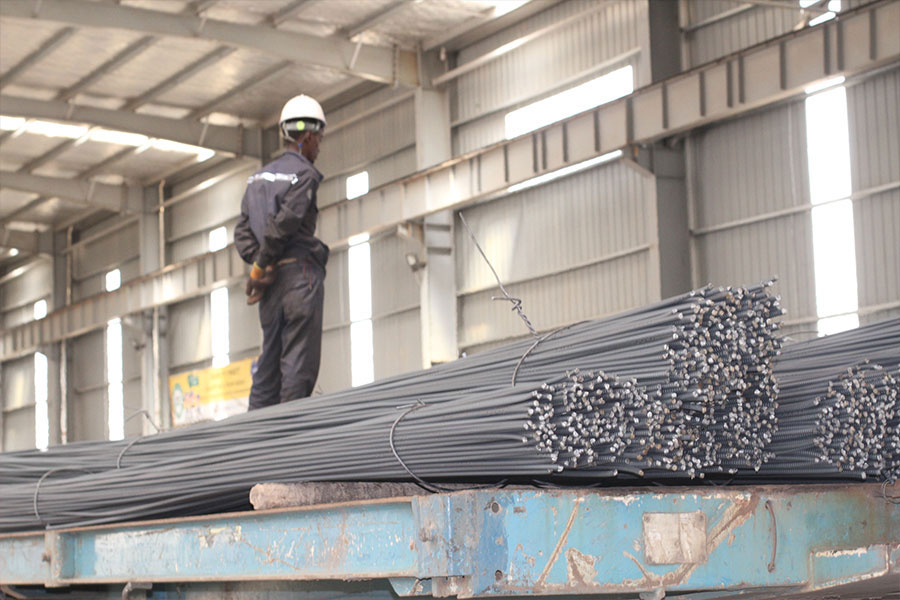
Fortune News | Oct 21,2023

Commentaries | May 04,2019
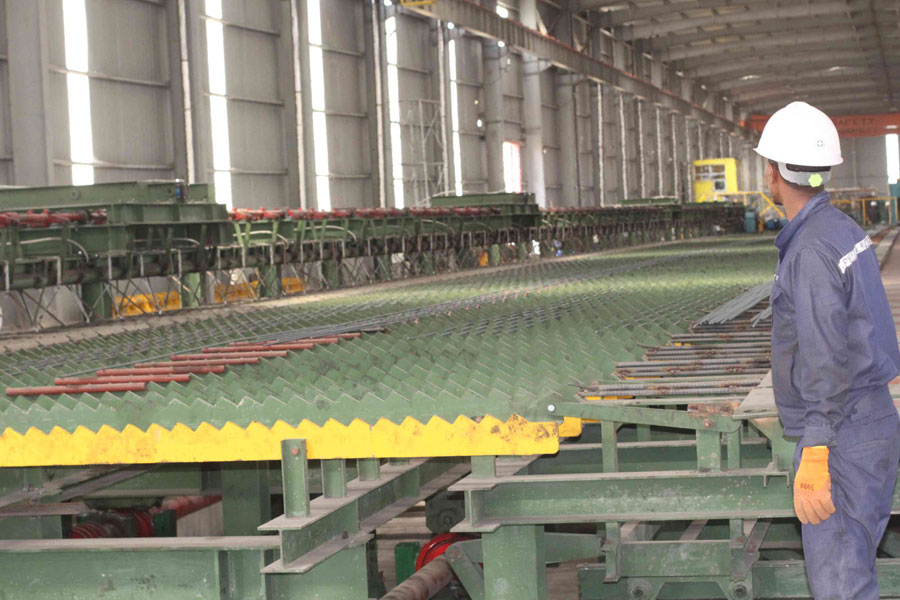
Fortune News | Mar 23,2024
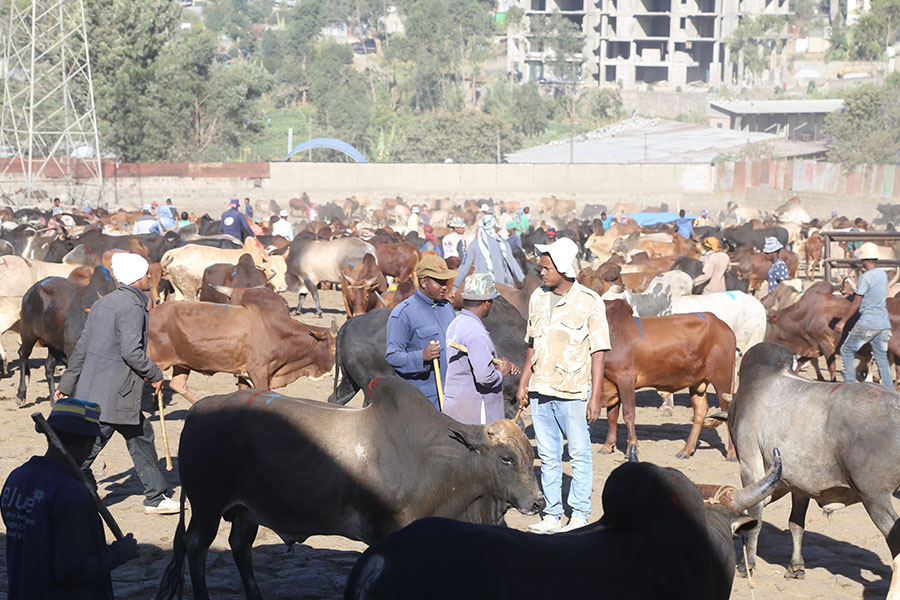
Fortune News | Jun 04,2022

View From Arada | Nov 04,2023

Commentaries | Nov 11,2023

Radar | Oct 03,2020

Radar | Dec 28,2019
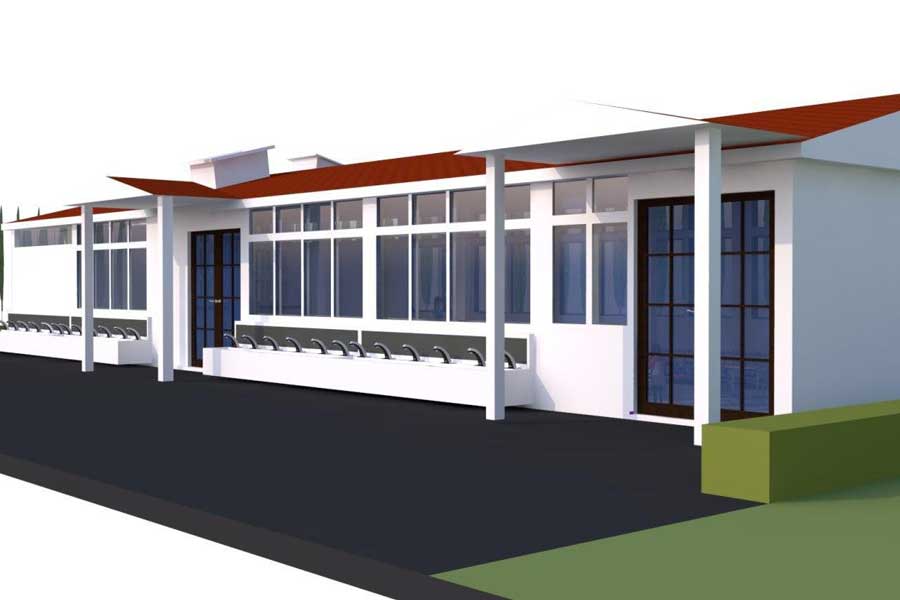
Fortune News | Oct 24,2020

Dec 22 , 2024 . By TIZITA SHEWAFERAW
Charged with transforming colossal state-owned enterprises into modern and competitiv...

Aug 18 , 2024 . By AKSAH ITALO
Although predictable Yonas Zerihun's job in the ride-hailing service is not immune to...

Jul 28 , 2024 . By TIZITA SHEWAFERAW
Unhabitual, perhaps too many, Samuel Gebreyohannes, 38, used to occasionally enjoy a couple of beers at breakfast. However, he recently swit...

Jul 13 , 2024 . By AKSAH ITALO
Investors who rely on tractors, trucks, and field vehicles for commuting, transporting commodities, and f...

Oct 25 , 2025
The regulatory machinery is on overdrive. In only two years, no fewer than 35 new pro...

Oct 18 , 2025
The political establishment, notably the ruling party and its top brass, has become p...

Oct 11 , 2025
Ladislas Farago, a roving Associated Press (AP) correspondent, arrived in Ethiopia in...

Oct 4 , 2025
Eyob Tekalegn (PhD) had been in the Governor's chair for only weeks when, on Septembe...